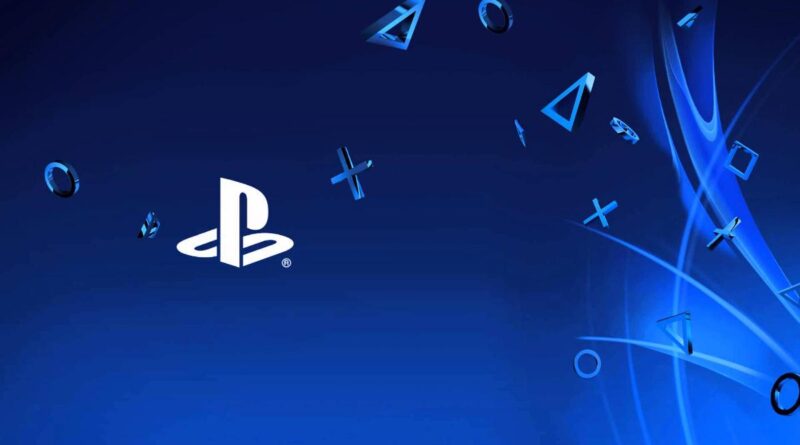PlayStation Network Experiences Prolonged Outage: What Happened and How It Affected Gamers
There was a PSN service shut down that took place on September 30, 2024, lasting for several hours-thus cutting out millions of users from participating in online multiplayer, accessing the PlayStation Store, and cloud saves. Widespread frustration emerged because players were disconnected from games, unable to make purchases or access digital content.
In this blog, we are going to look at the blackout, what caused the problems, and how the response of PlayStation corrected those problems.
What Happened?
From around early morning hours of September 30, PSN users across the globe reported that they could not access the main services. Downdetector is an outage-tracking site and reached report spikes in problems such as:
Could not log onto PSN: Most users encountered errors while trying to access the account to log-in.
Multiplayer issues: Often, players failed to play or join multiplayer games, mainly for those involved in competitive matches.
Issues accessing PlayStation Store: Users could not search and buy anything on the games and the in-game contents.
Cloud save unavailability: The inability to upload game saves to and from the PlayStation cloud means that users stood at a risk of losing all their progress.
Reasons for the Downtime
To date, Sony has not explained this issue clearly, but some of the possible reasons for this kind of downtime include:
Server Crash: Server overloads are sometimes caused by high traffic at the peak hours of gaming.
The faulted condition in your case is because the system updates whether scheduled or unscheduled may disrupt connectivity. Patches or updates that are rolled out across multiple regions globally can affect many regions at the same time.
DDoS attacks (Distributed Denial of Service) Cybersecurity problems have been known to hit major online services from time to time where traffic is flooded into servers and thus disrupting services.
PlayStation and Their Response Timeline for Resolution
Only a few hours into the outage, the company’s official PlayStation support page and its Twitter account confirmed it, indicating that the team was working on it; however, no details or specifics left the users restless as they waited to have services returned.
The outage took approximately 5 hours. Most of the services were up and running by afternoon. Players were advised to check PlayStation official communication channels regarding the service status during the outage.
Gamers’ Effect
For the players, this outage was more than just an inconvenience. Many rely on PSN to engage in online gaming sessions, from casual multiplayer games to tournament competitions. Access to such online gaming was hindered; thus, the progressive schedules were disrupted, and in most cases, progress would be lost in multiplayer titles. Also, digital-only games could not be accessed, meaning some people had just bought them.
The timing of the downtime was quite frustrating because many engaged users would have already lost considerable advantages due to participating in events that had limited times, like special offers or in-game events that may have been held at the time of the downtime.
Long-Term Effects
Outages from PSN are not so uncommon, but repeated service interruptions may be an altogether different matter, and would likely give rise to questions over Sony’s ability to make its online infrastructure reliable. Gaming, being slowly but increasingly taking a direction of online services, the outages like the one reminds the companies of the requirement of having a proper and strong server.
One example is the case of Sony, where the network issue provided this firm the chance to learn from this incidence and come up with more measures for the greater resilience of networks, especially in higher demand cloud gaming and online multiplayer.
Conclusion: A Temporary Setback with Lasting Lessons
While the outed PlayStation Network was quite an interruption to the gamers, Sony returned to business within hours. Thus, it serves as a reminder that sound online service is paramount in the modern gaming business. Gamers would be savvy to have backups in the form of offline games to play during such outages, while Sony will have to invest in stronger servers and clearer communication with the users to keep their trust for long-term value.
